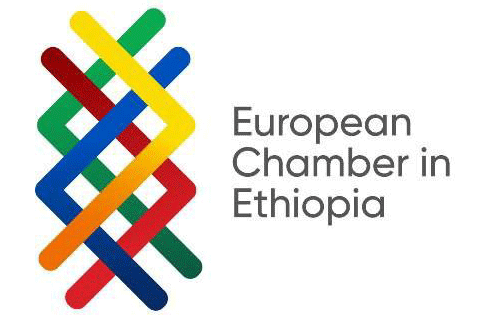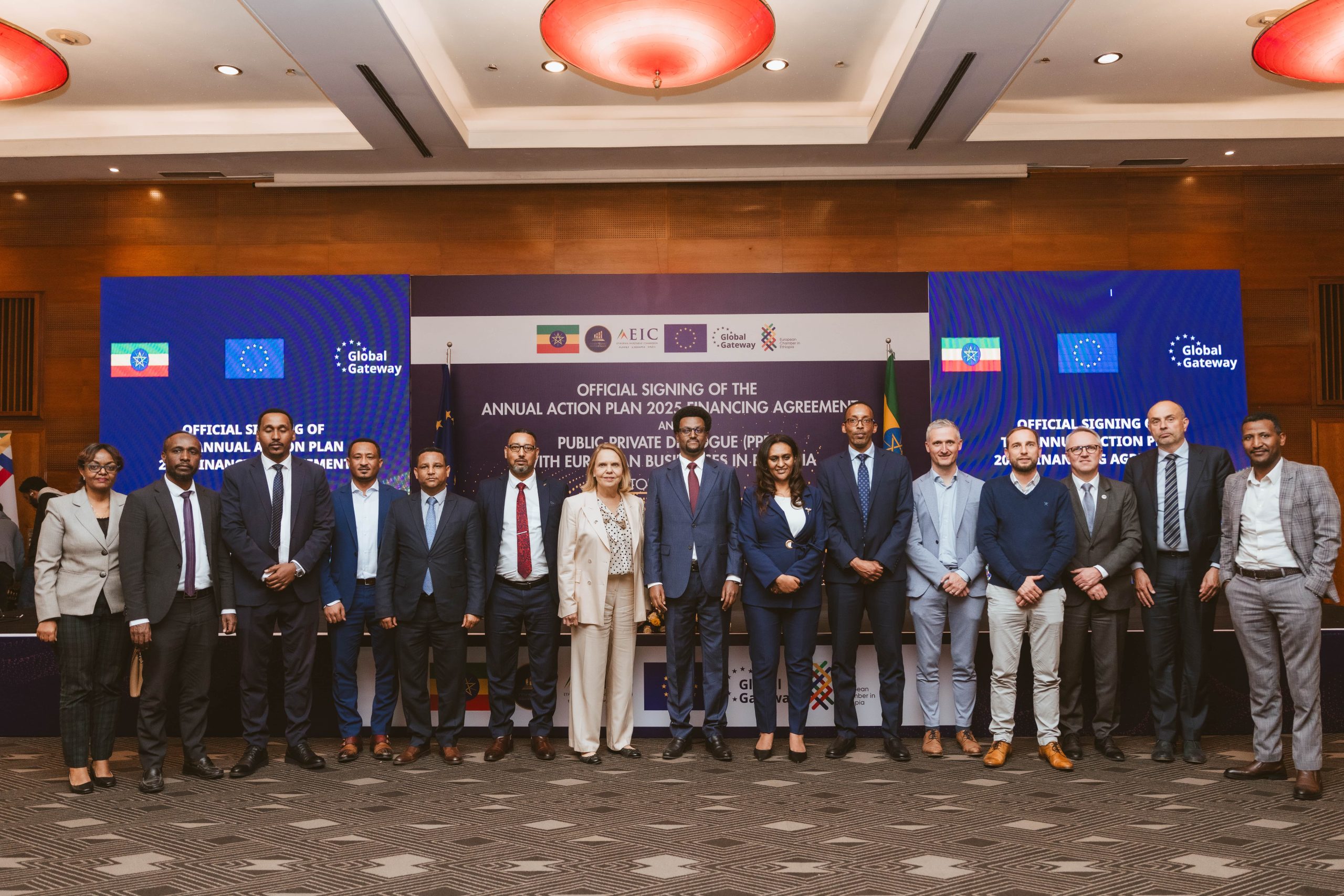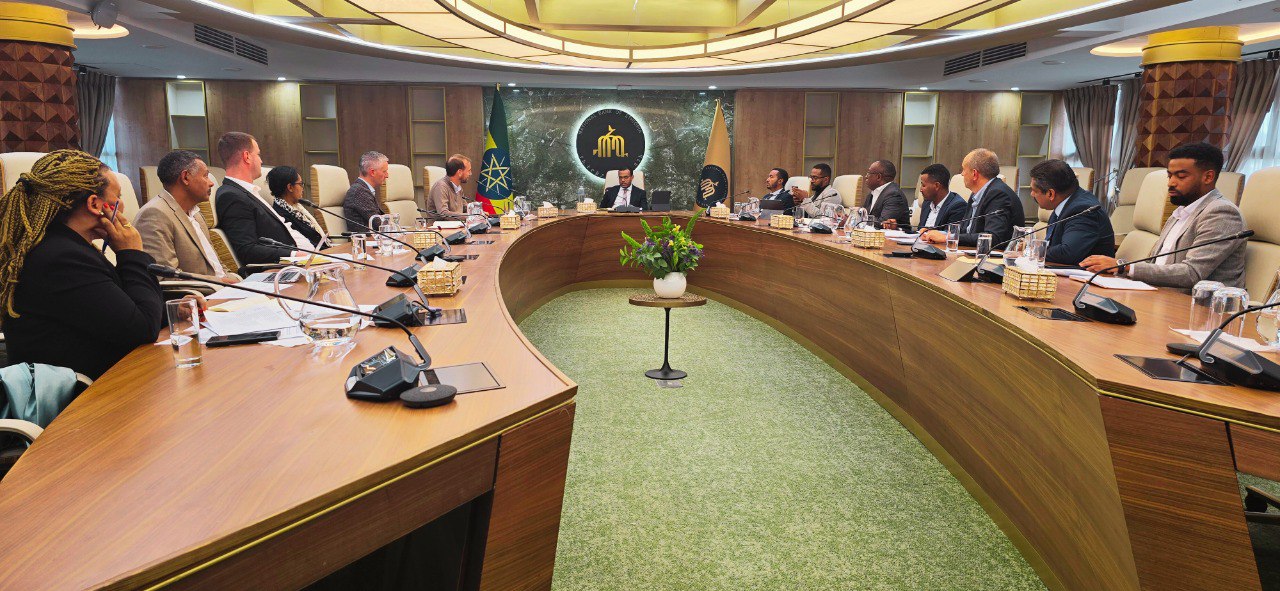
CEO Networking Event Unveils Ethiopia's Macroeconomic Update amid Forex Liquidity Crisis
In a recent EuroCham CEO networking event, industry leaders convened to discuss Ethiopia’s economic landscape, shedding light on crucial macroeconomic indicators and challenges facing the nation. The event featured a presentation by a senior macroeconomist, drawing his extensive experience in various global markets, including Angola and India, to provide insights into Ethiopia’s current situation.
One of the keynote points highlighted was Ethiopia’s impressive economic growth, with macroeconomic indicators showcasing a remarkable 6% increase over the last six years. Accordingly, the total population of the country as IMF estimates to be 107,000,000 million the nation’s GDP is thought to stand at USD 163 billion, boasting a per capita income of USD 1,500. Despite the absence of significant oil and gas exports, Ethiopia has managed its foreign debt effectively, totaling USD 27 billion, with a substantial portion sourced from multilateral and bilateral lenders the panelist asserted.
However, the country faces a significant challenge in generating foreign exchange, prompting the National Bank of Ethiopia to implement policies such as enforcing a 20% loan disbursement cap among local banks.
Additionally, Ethiopia has defaulted on Euro Bond repayments, albeit claiming the capacity to honor obligations uniformly across lenders prompting the country to be kicked out of the international capital market.
Key creditors such as China, the G20, and bilateral lenders play a crucial role in Ethiopia’s debt profile, facilitating negotiations for temporary relief programs to reschedule repayment obligations. The International Monetary Fund (IMF) is poised to assist Ethiopia in stabilizing its monetary policy as a going concern in light of the negotiations going on but demands stringent conditions, including aligning foreign exchange rates with the black market, broadening the tax base and reducing subsidies on imports.
Ethiopia’s investment decisions, particularly in industrialization efforts, aim to boost export revenues, notably in textile specialties seems to fail as the investment did not worth the return partly due to the challenge posed in relation with AGOWA. However, the challenges in forex reserve persist, due to dwindling forex remittances, lack of transparency in forex allocation as well as export commodities notably coffee used as a tool to generate forex and increased import appetite with a foreseeable decrease in reserves of forex denominations amidst rising foreign expenditure.
The ongoing civil unrest, notably in the Oromia and Amhara regions, exacerbates economic woes, with estimates suggesting a 3% GDP loss due to conflict in the earlier Tigray conflict. Negotiations with the IMF underscore the urgency for deregulation to avert a looming forex crisis, with calls to align official exchange
rates with those of the black market.
As Ethiopia navigates through these economic challenges, stakeholders emphasize the need for swift action to mitigate the adverse effects on the nation’s economic landscape.
latest News
EuroCham Launches a New Office and FDI Incubation Center
February 1, 2026
EU and EuroCham Sign Grant to Boost Ethiopia’s FDI competitiveness
November 22, 2025
EuroCham Networking Event Discusses New Income Tax Law
October 22, 2025
EuroCham Urges Reconsideration of EUDR Timeline
September 29, 2025
EuroCham Conducted Technical Discussions with Outgoing NBE Governor
September 17, 2025






